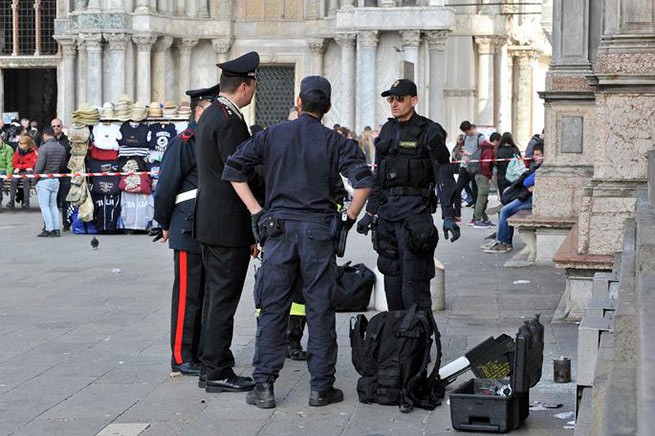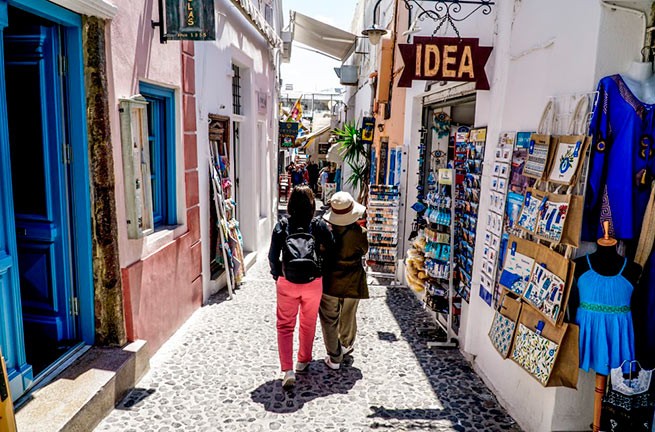The French authorities are seriously considering making public transport in Paris free. Similar innovations have already been successfully implemented in small towns across the country.
Residents of more than 30 cities do not pay for travel: in Dunkirk, with a population of 200,000 inhabitants, 18 bus routes became free 3 years ago, in Colombier and Aubagne, travel is also free, and in Strasbourg the program starts in September.
The benefits of free public transport are undeniable. This is not only financial support for the poor, but also a significant reduction in carbon emissions, which makes the air in cities cleaner. In Dunkirk, for example, the use of minibuses increased by 60% – many motorists considered this method of travel more profitable in all respects. And municipalities impose the costs of financing the program on local businesses, increasing taxes. Arnaud Passalacqua, professor at the Paris School of Urban Planning, notes:
“This is a clear success and a sign that free public transport can operate on a large scale.”
Audrey Poulvar, deputy mayor of Paris and presidential candidate in the Ильle-de-France metropolitan area, made free public transport a key promise in her campaign and is making good headway in that direction.
The Ile-de-France consists of 8 departments, including Paris. Since 2020, a program for free travel for schoolchildren, implemented through the efforts of Pulvar, has already been operating in the French capital. It will gradually expand and by 2026, as planned, Parisians will use public transport for free. Like any innovation, the program has supporters and critics – the former emphasize social benefits and the environment, the latter exaggerate problems with infrastructure and funding.
Pulvar parries the attacks of his opponents with clear reasoning and a well-thought-out plan of action. According to experts, in Stratzburg, annual spending will require the allocation of 6-8 million euros from the budget. In the entire region, together with the capital, expenditures may exceed 3 billion per year. However, politicians plan to cover the budget shortfall with payments from tech giants and taxes on air-polluting vehicles. And yet, such an approach will certainly reduce the number of accidents, and the funds saved on this can also be used to finance this important program.
In 2013, Tallinn became the first European capital to abolish public transport fares. This helped to reduce traffic congestion and increase the mobility of the poor. Interestingly, the innovation attracted 16,000 new residents to the Estonian capital in the first year, adding 16 million euros to the budget.






More Stories
IMF: "Huge US debt poses serious risk to global economy"
Teenager arrested in Paris: he wanted to “die as a martyr” at the Olympic Games (video)
power steering vs "Wagner" in Africa